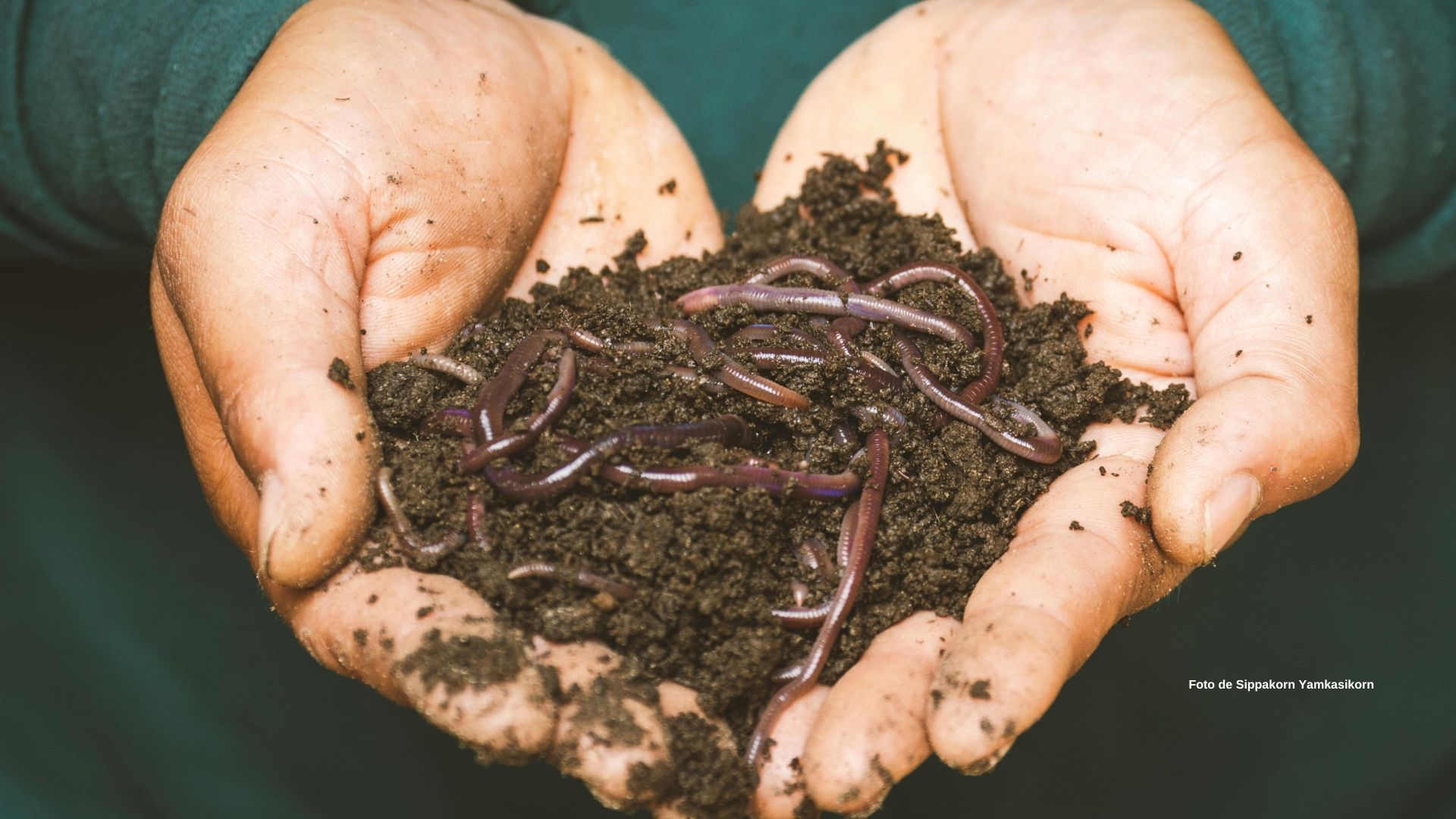🍃Compostaje
INTRODUCCION
🌱 Did you know that nature has an incredible superpower called decomposition? This magical process transforms organic materials like fruit peels, dry leaves, and food scraps into nutrient-rich matter that feeds new life. And what better way to teach this than by bringing composting into your classrooms?
Imagine composting as nature's master chef: it blends organic waste, seasons it with air and moisture, and voilà! A natural fertilizer that enriches the soil. Although this practice is as old as agriculture itself, it lost prominence during the industrialization era. But good news! It’s making a strong comeback thanks to our mission to reduce waste and care for the planet. 🌍✨
In Spain, According to data from the Ministry for the Ecological Transition and the Demographic Challenge, approximately 44% to 49% of household waste generated in Spain is of organic origin. Can you imagine the impact if all those food scraps and garden trimmings were transformed into something useful instead of ending up in a landfill? Fortunately, initiatives like selective organic waste collection and the production of compost or biogas are already underway. But this isn’t just the government's responsibility. It’s time for students to become composting heroes! 🦸♀️🦸♂️
Bringing composting into the classroom will not only teach students about sustainability but will also spark their scientific curiosity. They can explore fascinating questions such as: 🌟 How can we achieve the perfect balance of air and moisture for optimal decomposition? 🌟 What mixes of organic materials work best for microorganisms? 🌟 How can we tell when the compost is ready to use?
Moreover, composting offers a wonderful opportunity to develop skills like critical thinking, teamwork, and even entrepreneurial spirit. Students can design composting systems for their homes, schools, or communities—and who knows? They might even create a sustainable business from what they’ve learned! 🌿💡
So, let’s get our hands dirty (literally) and turn composting into the most exciting activity in your classrooms. Let’s dig in! 💪🍂🌻
Last updated
